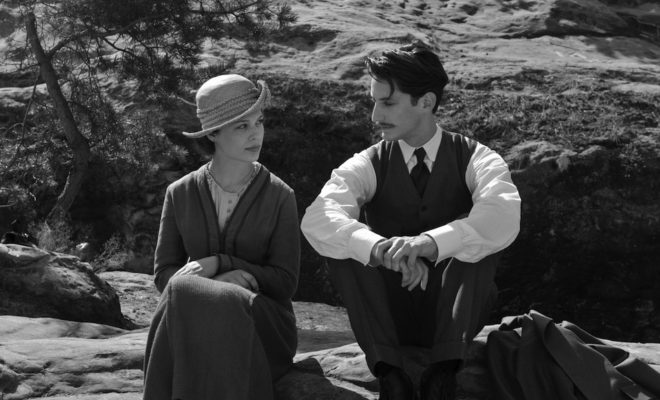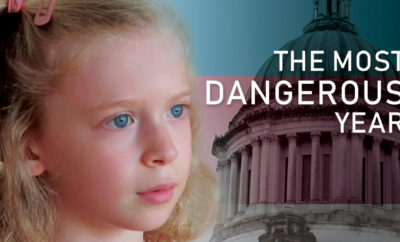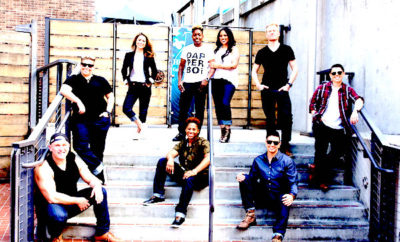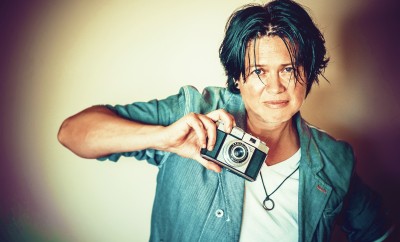
GOWEHO INDUSTRY
Reclaiming Life After WWI in ‘Frantz’
Set in Germany and France just after WWI, “Frantz” is a thoughtful film about healing, guilt and forgiveness. It’s also about people reclaiming love, laughter and life, after climbing out from under the weight of unbearable pain and suffering that comes with war.
Opening today in Los Angeles and Orange counties, the film cleverly shows the similarities of the French and German experiences through the characters’ relationship to Frantz, a young German soldier killed during the war. Anna, his fiancée (Paula Beer), is a central character who lives with Frantz’s parents in a tight-knit German village, where the film opens.
Adrien (Pierre Niney), a former French soldier, meets Anna after visiting Frantz’s grave and attempting to have a conversation with Frantz’s father, who turns him away, because he believes it was the French who “murdered” his son.
The film carefully peels back the grim experiences of the war, and reveals the numbness that afflicts those dealing with loss on both sides.
Much of the film is in black and white—except the flashback scenes with Frantz. Then the film comes to life in warm, peaceful tones, revealing the sweet, pacifist who loved music.
Its Adrien’s arrival and eventual interaction with Frantz’s elderly father, the village doctor, that leads to our understanding of the father’s feelings of guilt for prodding his son to join the army.
Adrien describes time he spent with Frantz at the Louvre, and practicing on the violin. Adrien, an expert who played at the conservatory, would instruct Frantz, a novice who played his heart out. These memories bring great comfort to the couple, and begin to put life back into Anna.
Having Adrien, a friend of their son’s, in the house helps the parents to finally begin to heal, which also impacts the village–negatively at first. In a scene when Frantz’s father joins his friend and offers to buy a round at the pub, the older gentlemen refuse one by one, disgusted by his acceptance of the Frenchman into his home.
But Frantz’s father has evolved from similar thinking, and laments that they raised their glasses of beer when their soldiers killed the sons of the French. And the French no doubt raised glasses of wine for killing their German sons. So in effect, their generation sent their sons to war, and are taking turns drinking to their deaths.
As Anna and Adrien grow closer, she takes him to the lovely place near a lake where Frantz proposed, and tells him they met in a bookstore poetry section. By the time Adrien returns to France, Anna and Frantz’ parents are desperate to retain a connection to him–which connects them to Frantz.
But Adrien has a secret, that threatens to not only ruin the relationship they’ve built, but also to devastate the family again, undoing any healing that occurred because of his visit. Adrien reveals his secret to Anna before he leaves. Because of this, she ignores his letters for a time, until she talks to a priest.
She travels to Paris to look for Adrien, and finds out things about him and his family that catch her by surprise. While her relationship with him won’t be what she or Frantz’s parents expected, Adrien’s journey to Germany gave each of the characters some comfort, and helped restore their hope for a future.








You must be logged in to post a comment Login